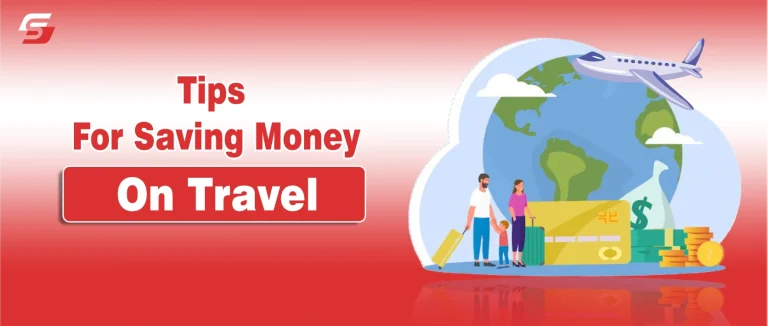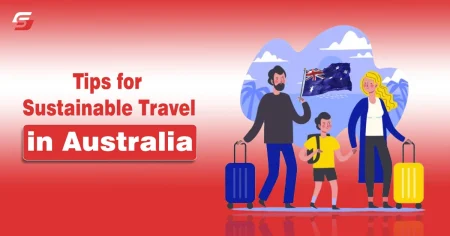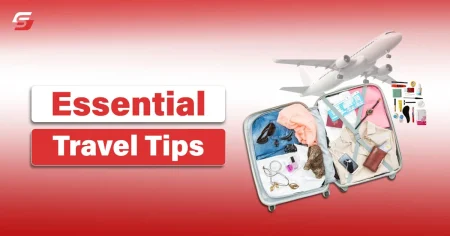Traveling the world doesn’t have to drain your bank account — and I learned this the hard way. After a few trips where I overspent on things that didn’t even matter, I started picking up smart tricks that helped me save more while enjoying my journeys even better.
If you’ve ever wished to travel without worrying about money, you’re in the right place. In this guide, I’ll share the 10 best tried-and-tested tips for saving money on travel, so you can explore more, stress less, and make every trip worth it.
How to Save Money on Travel – 10 Best Tips
Saving money while traveling isn’t about cutting the fun, it’s about spending smart so you can enjoy more experiences without overshooting your budget. Here are the 10 best proven tips that truly make a difference:
1. Book Flights Smartly (Timing Matters More Than You Think)
One of the biggest mistakes travelers make is booking flights either too early or too late. Airlines constantly change prices, so catching the right moment is key. Usually, booking your flight about 6–8 weeks before a domestic trip and 8–12 weeks for international travel gives you the best chance at low fares.
I always set price alerts on Google Flights or Skyscanner — this way, I get notified as soon as prices drop. Also, flights on Tuesdays, Wednesdays, and Thursdays tend to be cheaper because fewer people travel midweek. And if your schedule allows, early morning and late-night flights often come with lighter fares.
Quick reminders:
- Turn on price alerts
- Compare airlines
- Check different dates
- Avoid last-minute bookings
Sometimes shifting your trip by even one day can save you a surprising amount of money.
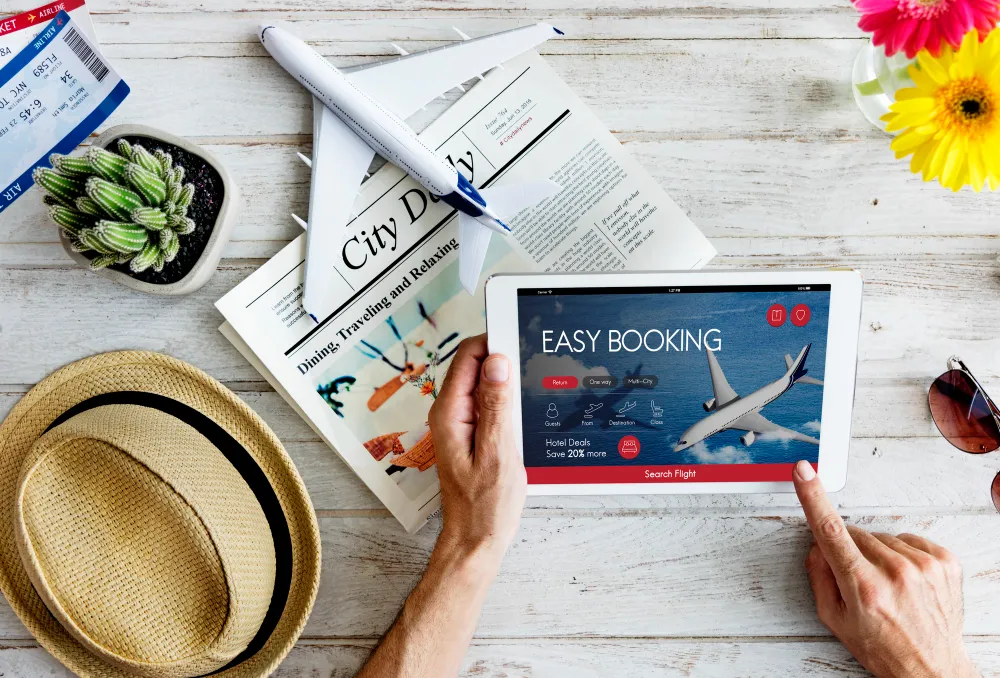
2. Travel in Off-Peak or Shoulder Seasons (The Best Travel Hack)
If you want to save money and avoid crowds, off-peak travel is your best friend. Destinations are much cheaper when tourist demand is low, and the experience is often better too.
During these seasons, you find:
- Affordable flights
- Lower hotel prices
- More room for negotiation
- Less crowded attractions
For example, visiting Turkey in November or Malaysia in April means you enjoy great weather but avoid the overpriced tourist season. It’s the same place, same beauty, just for half the price.
3. Pick Budget-Friendly Accommodation (Comfort Without the Cost)
You don’t have to stay in fancy hotels to enjoy your trip. There are plenty of comfortable, budget-friendly options if you look in the right places. I always compare between guesthouses, hostels, Airbnbs, and budget hotels before choosing.
What you should look for is value, not luxury. Things like free breakfast, free Wi-Fi, good location, or early check-in can save you a lot in the long run.
Consider these options:
- Guesthouses
- Hostels with private rooms
- Airbnb rooms or entire apartments
- Budget hotels outside the main city
Just make sure to read reviews, those honest traveler comments will save you from bad surprises.
You may also like to read: Tips For Planning A Budget-Friendly Trip to Central America
4. Use Public Transport Instead of Taxis
Transportation is another area where travelers overspend without noticing. Taxis and private cabs might look convenient, but their cost adds up quickly, especially in popular cities.
Public transport, buses, metros, trams, is usually clean, safe, and incredibly cheap. I always check if the city offers day-pass cards because they allow unlimited travel and help you explore freely without worrying about the cost.
This one simple shift can save you hundreds during a longer trip.
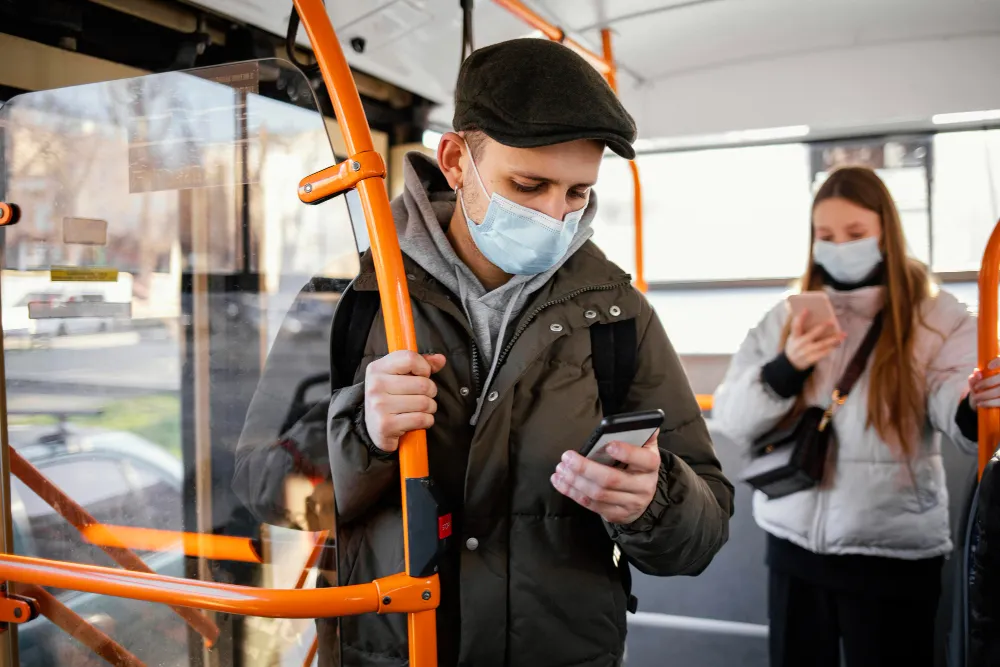
5. Eat Like a Local (Your Wallet Will Thank You)
Food can quietly eat up a big chunk of your travel budget, especially if you’re eating in restaurants near famous attractions. A small meal becomes expensive just because of the location.
The best way to save (and enjoy better food) is to eat where locals eat. Street food, small local eateries, and food markets usually offer tastier, fresher meals at much lower prices.
If your accommodation has a kitchen, even better, cooking a simple breakfast or making tea/coffee yourself saves more than you’d expect.
Best rule:
If you see mostly tourists inside, walk away. If you see locals, go in.
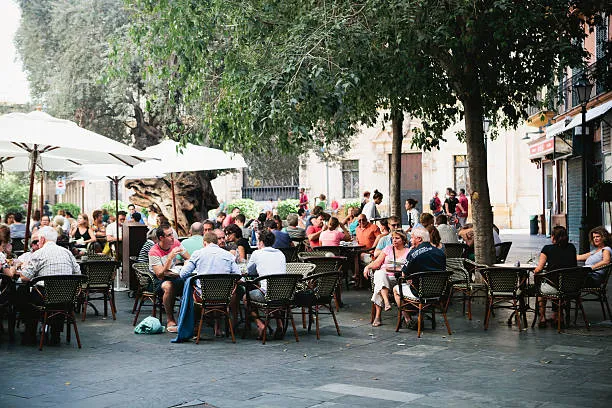
6. Pack Light to Avoid Extra Fees
I learned this the hard way, overpacking doesn’t just make traveling stressful; it also costs money. Many airlines charge extra for overweight bags, second suitcases, or additional items.
Traveling light means:
- No baggage fees
- Faster airport movement
- Less stress
- More focus on the trip instead of luggage
Choose versatile outfits, pack roll-style, and take only what you truly need. And remember to wear your heavy jacket or shoes on the flight, it saves suitcase space.
7. Book Activities & Attractions Online
Most cities offer discounted rates for online bookings. Buying tickets at the gate is usually more expensive and comes with long waiting lines. Booking online saves time, money, and energy.
You’ll find deals like:
- Early-bird discounts
- Combo tickets
- Free cancellation
- Line-skipping access
Always check the official website first; third-party sites sometimes charge extra for “service fees.”
8. Use Reward Points and Loyalty Programs
If you travel even a couple of times a year, reward programs can save you a lot. Many airlines, hotels, and credit cards offer points that can be used for discounts or even free stays.
You can redeem them for:
- Free flights
- Hotel nights
- Room upgrades
- Dining discounts
Just make sure not to overspend just to earn points, that defeats the whole purpose.
9. Set a Daily Budget (Stay in Control)
One thing I always do is set a daily budget. It keeps spending under control and helps me avoid unnecessary purchases. Even a simple note on your phone works.
A travel budget usually includes:
- Food
- Transport
- Shopping
- Activities
- Emergency funds
Tracking expenses doesn’t make travel boring, it actually makes it easier, because you know how much is left to enjoy.
10. Look for Free or Low-Cost Experiences
You don’t have to spend money to enjoy a destination. Many cities offer beautiful and memorable experiences for free.
Some great low-cost or free activities include:
- Walking tours
- Public beaches
- Local markets
- Free museum days
- Local festivals
- Parks and gardens
These experiences often feel more authentic than paid tours.
Final Thoughts
Traveling on a budget doesn’t mean traveling with restrictions, it means traveling smart. Once you start making mindful choices about flights, food, transport, and accommodation, you can turn expensive trips into affordable adventures.
These tips aren’t just theory; they come from real travel experience, and they truly make traveling more enjoyable and less stressful.
Frequently Asked Questions
The cheapest way to travel is by planning ahead, booking flights early, traveling during off-peak seasons, and using public transport instead of taxis. Staying in budget accommodations like hostels or Airbnb can also significantly reduce your costs.
Booking online is usually cheaper because you get access to discounts, combo deals, and special offers. Plus, you can compare prices, check reviews, and select the best value for your stay.
The best way is to pack light. Stick to a carry-on if possible, check weight limits before packing, and avoid taking unnecessary items. Rolling clothes, wearing bulky items on the plane, and using packing cubes also help.
Yes, most hostels today prioritize safety and offer secure lockers, female-only dorms, and 24/7 reception. Always read reviews, choose well-rated options, and trust your instincts.




